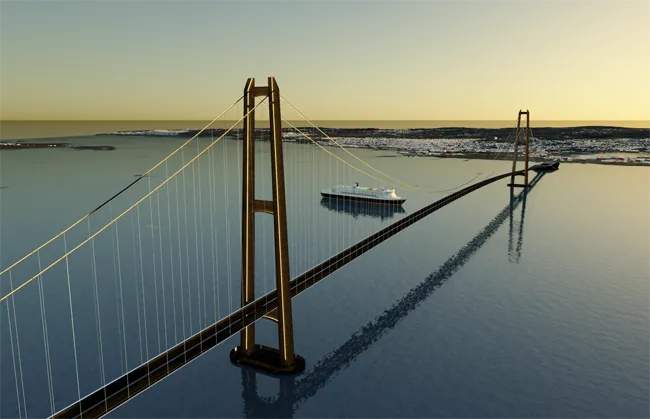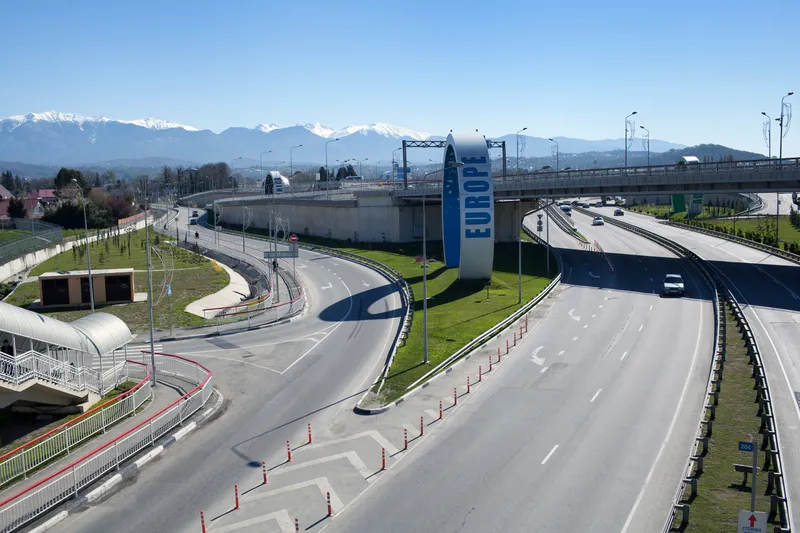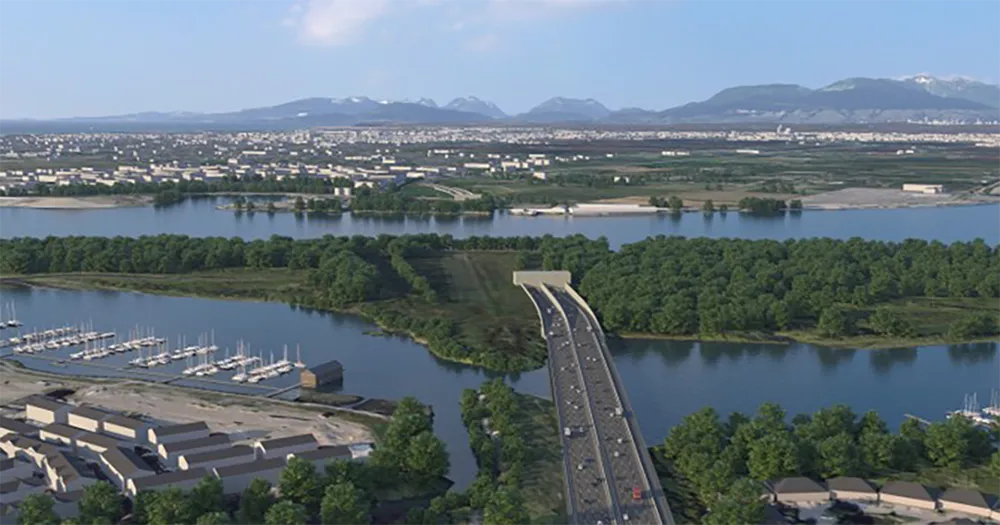Amid concern over cost rises, Bangladesh has issued a request for expression of interest to engage a consultant for the proposed the Karnaphuli River Tunnel.
The estimated cost to build the Karnaphuli Tunnel has risen by US$205 million, according to the government’s Bridge Authority.
A report in the Financial Express newspaper said the original 2km tunnel proposal was prepared two years ago based on a feasibility study. According to Bridge Authority officials, the cost to build the 3.4km tunnel has ri
April 14, 2015
Read time: 2 mins
Amid concern over cost rises, Bangladesh has issued a request for expression of interest to engage a consultant for the proposed the Karnaphuli River Tunnel.
The estimated cost to build the Karnaphuli Tunnel has risen by US$205 million, according to the government’s Bridge Authority.
A report in the Financial Express newspaper said the original 2km tunnel proposal was prepared two years ago based on a feasibility study. According to Bridge Authority officials, the cost to build the 3.4km tunnel has risen 8% a year and it is expected to grow further on the preparation of the project design.
Cost estimates did not include almost $130 million in customs duty and VAT – value added tax - along with the cost to purchase 18 hectares of land for a workers’ camp and a construction site including a jetty. Inflationary pressure was also cited as one of the contributors to the growing cost.
China Communication Construction Company is responsible for building the tunnel under a government-to-government agreement.
The Karnaphuli River divides the Chittagong district and three bridges already serve the region. But traffic growth is putting pressure on the infrastructure, according to the website of the Bridge Authority.
Chittagong at the mouth of the river is Bangladesh’s main sea port and largest commercial city that sees most of the country’s export and import activities. The tunnel would connect directly with the Dhaka-Chittagong-Cox Bazar Highway.
Width of the river at the site of the proposed tunnel is 700m and the water depth is between 9-11m. The indicative length of the proposed Tunnel is 2000 meters.
The estimated cost to build the Karnaphuli Tunnel has risen by US$205 million, according to the government’s Bridge Authority.
A report in the Financial Express newspaper said the original 2km tunnel proposal was prepared two years ago based on a feasibility study. According to Bridge Authority officials, the cost to build the 3.4km tunnel has risen 8% a year and it is expected to grow further on the preparation of the project design.
Cost estimates did not include almost $130 million in customs duty and VAT – value added tax - along with the cost to purchase 18 hectares of land for a workers’ camp and a construction site including a jetty. Inflationary pressure was also cited as one of the contributors to the growing cost.
China Communication Construction Company is responsible for building the tunnel under a government-to-government agreement.
The Karnaphuli River divides the Chittagong district and three bridges already serve the region. But traffic growth is putting pressure on the infrastructure, according to the website of the Bridge Authority.
Chittagong at the mouth of the river is Bangladesh’s main sea port and largest commercial city that sees most of the country’s export and import activities. The tunnel would connect directly with the Dhaka-Chittagong-Cox Bazar Highway.
Width of the river at the site of the proposed tunnel is 700m and the water depth is between 9-11m. The indicative length of the proposed Tunnel is 2000 meters.









